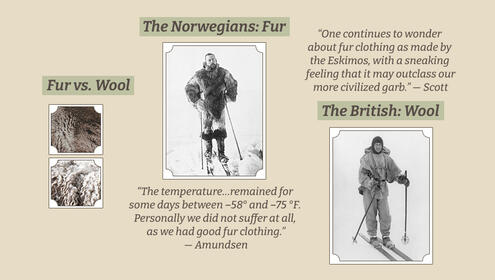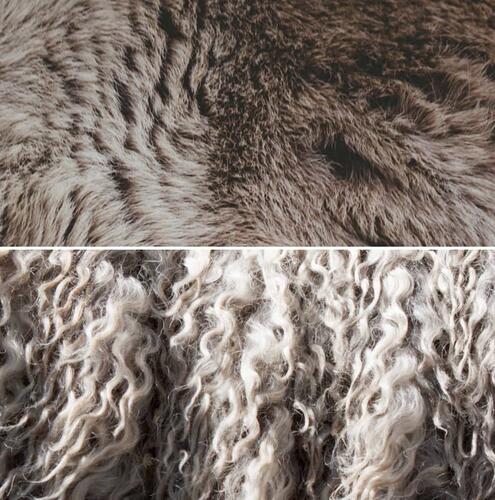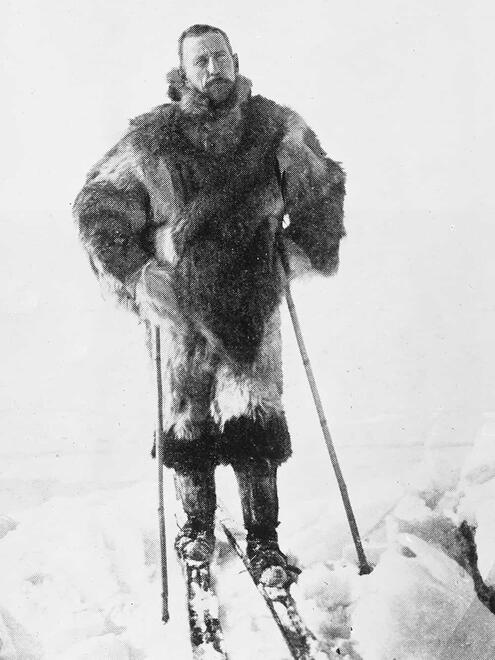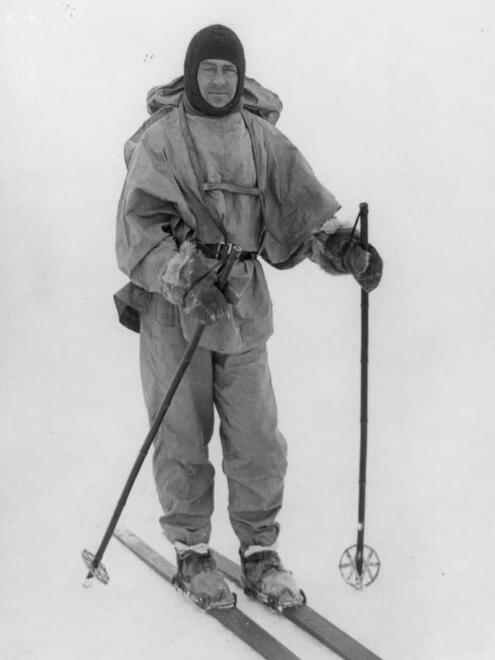
Click the (+) signs to explore the items in my scrapbook.



Top: fur - Bottom: wool
Fur vs. Wool
In the days before high-tech material like Gore-Tex, and synthetic fleece, polar explorers had to main choices; fur or wool. Fur is warmer, but wool breathes. Which would you rather wear if you were going to work up a sweat in freezing temperatures?

The Norwegians: Fur
Amundsen’s team dressed in furs on very cold days; parkas, mittens, and stockings made of reindeer skin, dogskin stockings, and sealskin boots. These clothes were based on designs by the Inuit people. Amundsen learned from the Inuit while living in the Arctic.
“The temperature… remained for some days between -58° and -75℉. Personally we did not suffer at all as we had good fur clothing.” – Amundsen

The British: Wool
The British team wore large windproof jackets and trousers. Underneath, they wore layers of mostly wool. But in the bitter cold, the wool didn’t breathe as they hoped, especially since they sweat so much. When the wool got wet, it froze almost instantly!
“One continues to wonder about fur clothing as made by the Eskimos, with a sneaking feeling that it may outclass our more civilized garb.” – Scott
Image Credits:
wool, by Vince Veras on Unsplash; fur, by Arseny Togulev on Unsplash; Amundsen, © AMNH; Scott, courtesy of the Library of Congress.




 Biodiversity
Biodiversity
 Brain
Brain
 Genetics
Genetics
 Marine BiOLogy
Marine BiOLogy
 MicrobiOLogy
MicrobiOLogy
 PaleontOLogy
PaleontOLogy
 ZoOLogy
ZoOLogy
 AnthropOLogy
AnthropOLogy
 ArchaeOLogy
ArchaeOLogy
 Astronomy
Astronomy
 Climate Change
Climate Change
 Earth
Earth
 Physics
Physics
 Water
Water

